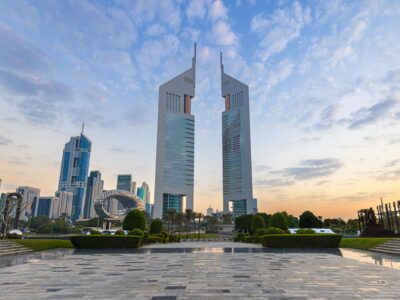Business activity in Saudi Arabia increased at one of the fastest rates since the start of the Covid-19 pandemic last month as firms enjoyed strong demand and modest price pressures.
However, a softer rate of new business growth meant that the overall uplift in economic conditions was the least marked since August, which played a part in dampening firms’ expectations for future activity.
The headline seasonally adjusted IHS Markit Saudi Arabia Purchasing Managers’ Index (PMI) posted 56.9 in November to signal a sharp improvement in the health of the non-oil private sector economy. While this was down from the 57.7 posted in October to a three-month low, it remains above the 50.0 mark that separates growth from contraction for the 15th consecutive month.
The New Orders Index fell for the second month in a row from September’s seven-year high, although the index continued to show a robust upturn in new business volumes that was stronger than most of the recovery period since the initial Covid-19 lockdown.
Businesses surveyed linked higher sales to a continued return to normal economic conditions and a boost to tourism from relaxed travel measures. Foreign demand also strengthened as new export orders rose to the greatest extent since May.
David Owen, economist at IHS Markit, said: “The Saudi Arabia PMI continued to signal a strong end to the year for the non-oil economy. Despite slipping to a three-month low, new business growth was rapid overall, whilst activity expanded at one of the quickest rates since the start of the pandemic.
“Another key indicator – backlogs of work – signalled that the capacity gap registered since February 2020 had narrowed to its smallest so far, suggesting that higher demand levels are starting to put pressure on businesses.”
Higher output led firms to report further expansions in employment and purchasing. According to the report, staff numbers picked up at the quickest rate since June, albeit still only marginally as many firms remained cautious about future sales forecasts.
Owen said: “Jobs growth remained disappointingly mild, with many firms choosing not to expand their workforces amid a weak level of optimism for future activity. The threat of future Covid-19 waves continued to promote a cautious outlook, leading to a decline in the number of firms expecting output to expand over the next year.”








